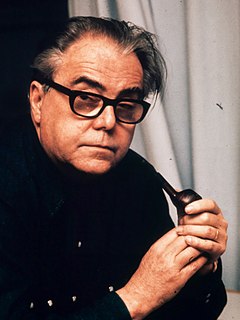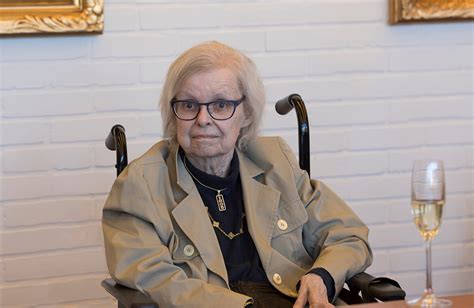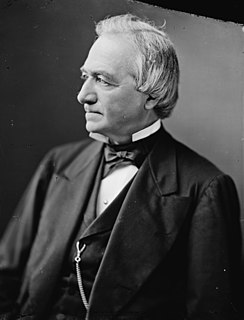A Quote by Hannah Arendt
The aim of totalitarian education has never been to instill convictions but to destroy the capacity to form any.
Related Quotes
Art is not and never has been subordinate to moral values. Moral values are social values; aesthetic values are human values. Morality seeks to restrain the feelings; art seeks to define them by externalizing them, by giving them significant form. Morality has only one aim - the ideal good; art has quite another aim - the objective truth... art never changes.
Over the span of man's history, although a phenomenal amount of education, persuasion, indoctrination and incantation have been devoted to the effort, ordinary people have never been quite persuaded that toil is as agreeable as its alternatives. Thus to take increased well-being partly in the form of more goods and partly in the form of more leisure is unquestionably rational.
The aim of education is to enable individuals to continue their education ... (and) the object and reward of learning is continued capacity for growth. Now this idea cannot be applied to all the members of a society except where intercourse of man with man is mutual, and except where there is adequate provision for the reconstruction of social habits and institutions by means of wide stimulation arising from equitably distributed interests. And this means a democratic society.
Do you wish to learn? There are books that can teach you anything, and there is no cheaper form of education, nor one whose effects are more lasting. My education came from books, and they have been my companions by many campfires, in bunkhouses, ships' forecastles, in hotels and on planes. No matter where you find me, I am never far from a book.




































